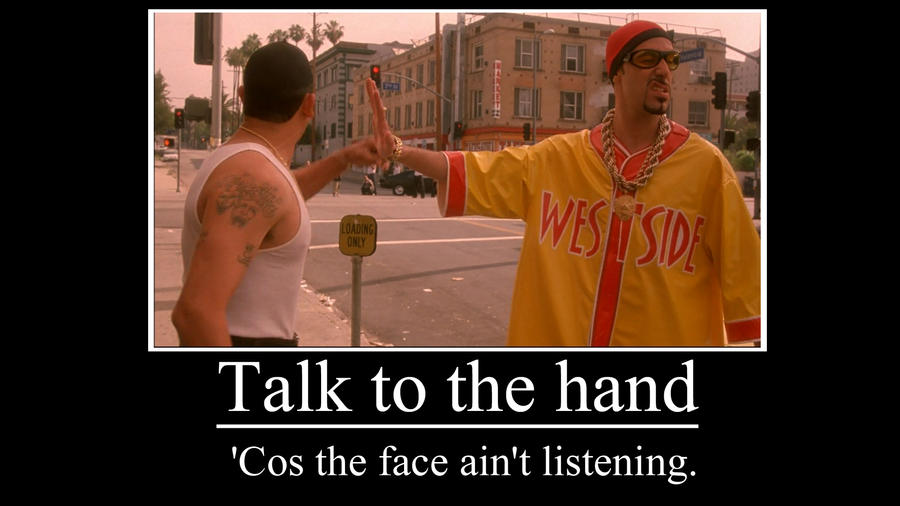Dubbedinenglish
Banned
Rule number one of party platform:
1. West is not permitted to speak, and when Obama is in the city he will resticted to being out of the city limits with no cell service.
1. West is not permitted to speak, and when Obama is in the city he will resticted to being out of the city limits with no cell service.



